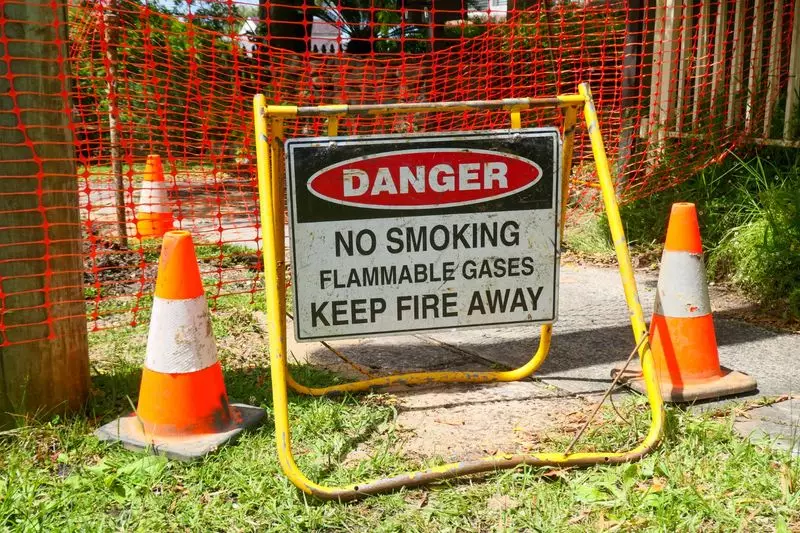
Fear and confusion gripped several villages along Punjab's Nangal border area after a suspected toxic gas leak created a major health emergency, sending dozens of residents scrambling for medical attention and forcing many to evacuate their homes.
Mass Panic and Hospitalizations
The crisis began unfolding when residents of border villages including Nangal, Bhaini Mian Khan, and surrounding areas reported breathing difficulties, burning sensations in their eyes, and persistent nausea. Local hospitals witnessed a sudden influx of patients complaining of similar symptoms, with medical facilities working overtime to handle the emergency.
"We initially thought it was some seasonal illness, but when entire families started experiencing the same symptoms simultaneously, we knew something was terribly wrong," recounted one anxious villager from the affected area.
Emergency Response Mobilized
Authorities swiftly launched a multi-agency response to contain the situation. Police teams, disaster management personnel, and environmental experts were deployed to identify the source of the suspected leak and assess the environmental impact.
Preliminary investigations point toward possible industrial units across the border as the potential source, though official confirmation is still awaited. Security agencies have been alerted and are coordinating with their counterparts to address the cross-border implications of the incident.
Health Advisory Issued
Medical authorities have issued immediate health guidelines for affected residents:
- Seek immediate medical attention if experiencing breathing difficulties
- Use wet cloths as temporary protection while moving to safer areas
- Avoid outdoor activities until the situation is fully contained
- Keep children and elderly family members in well-ventilated indoor spaces
The incident has raised serious concerns about industrial safety standards and cross-border environmental monitoring, with local leaders demanding a thorough investigation and long-term solutions to prevent such emergencies in the future.





